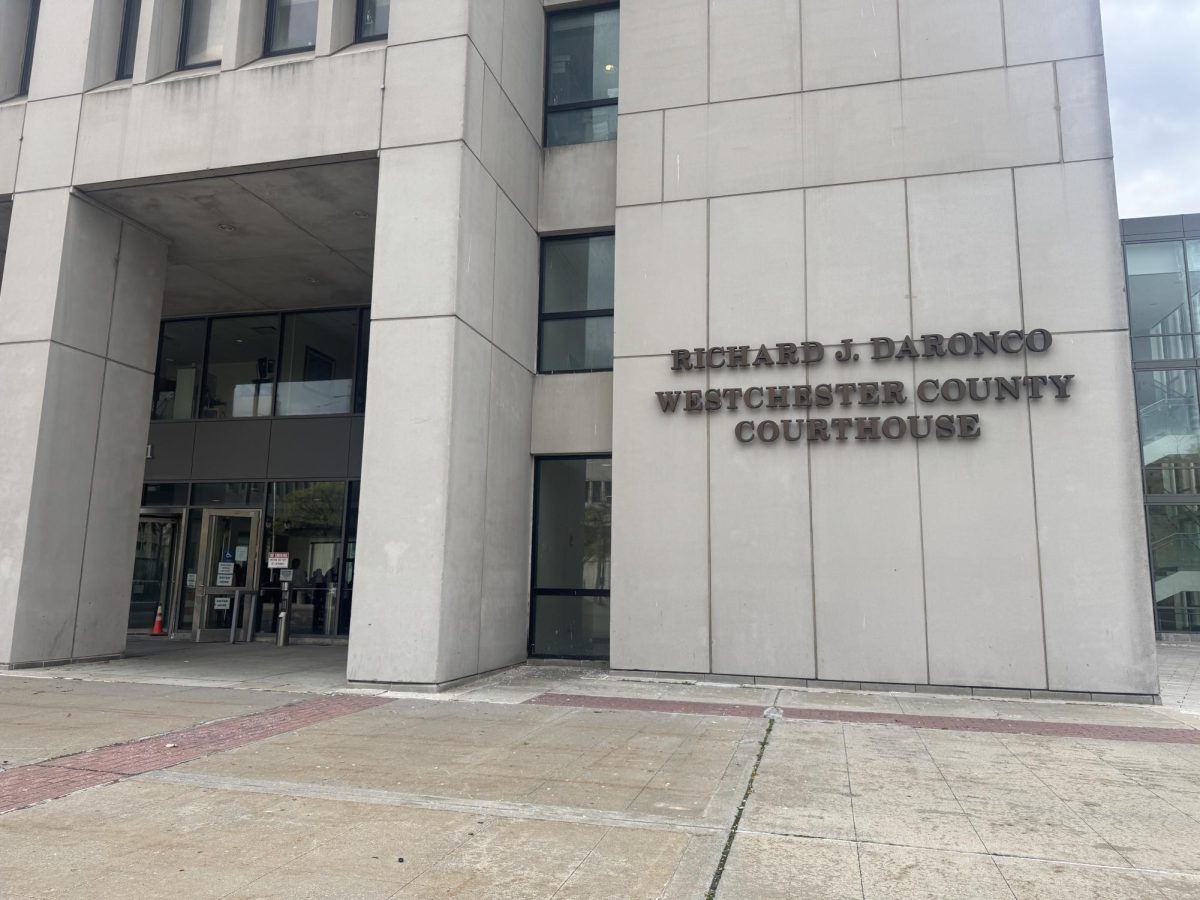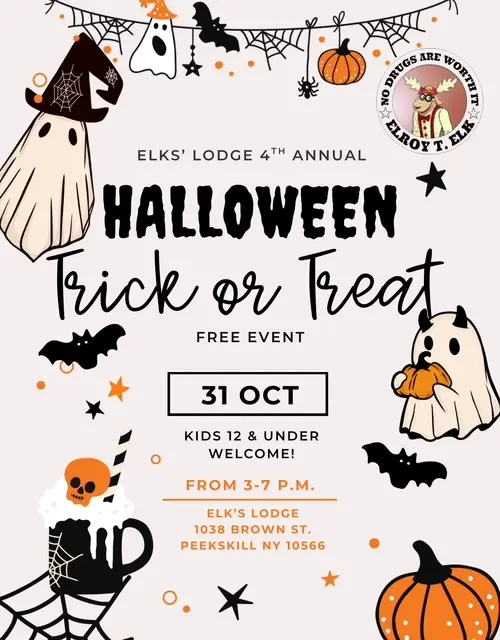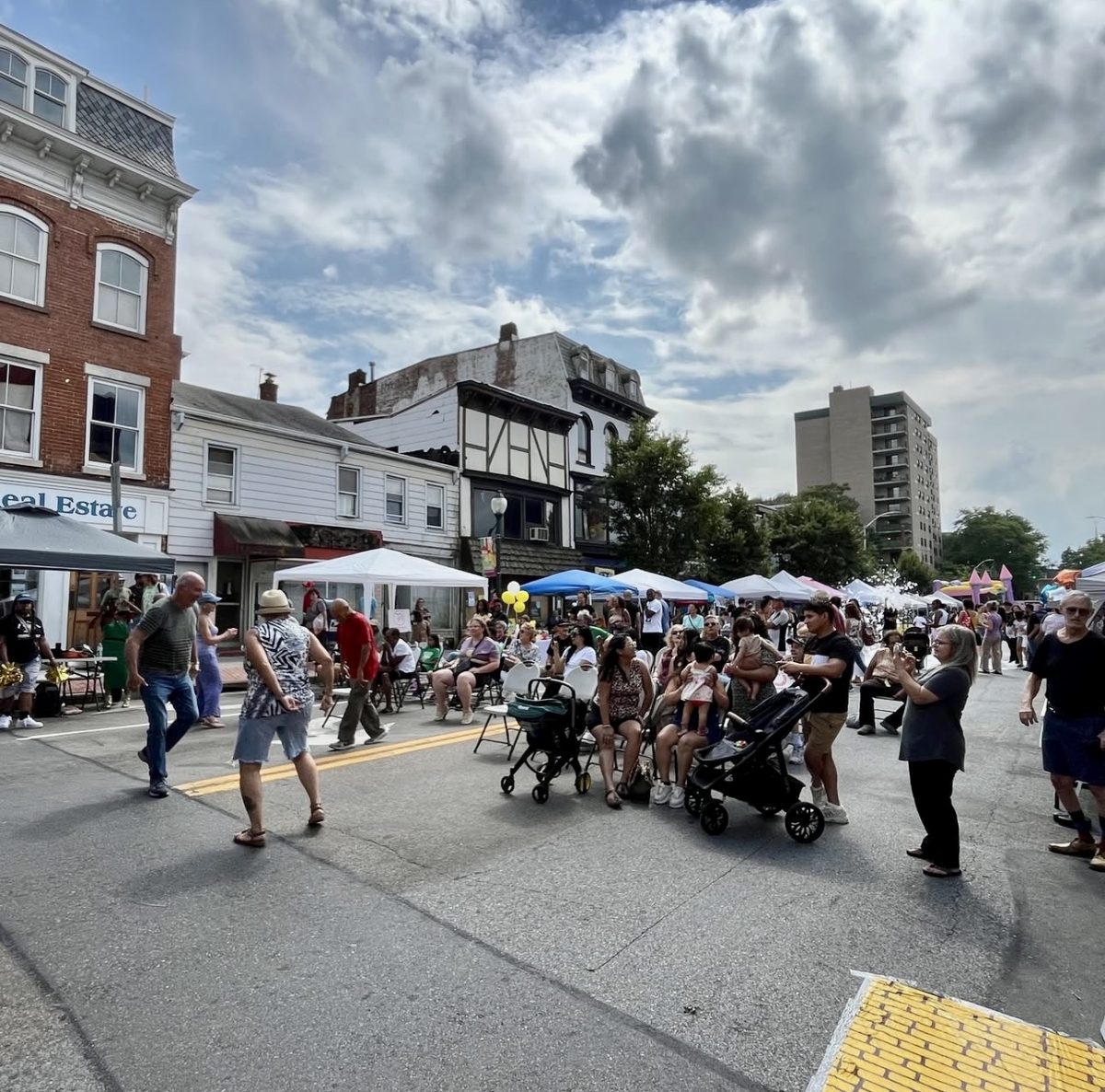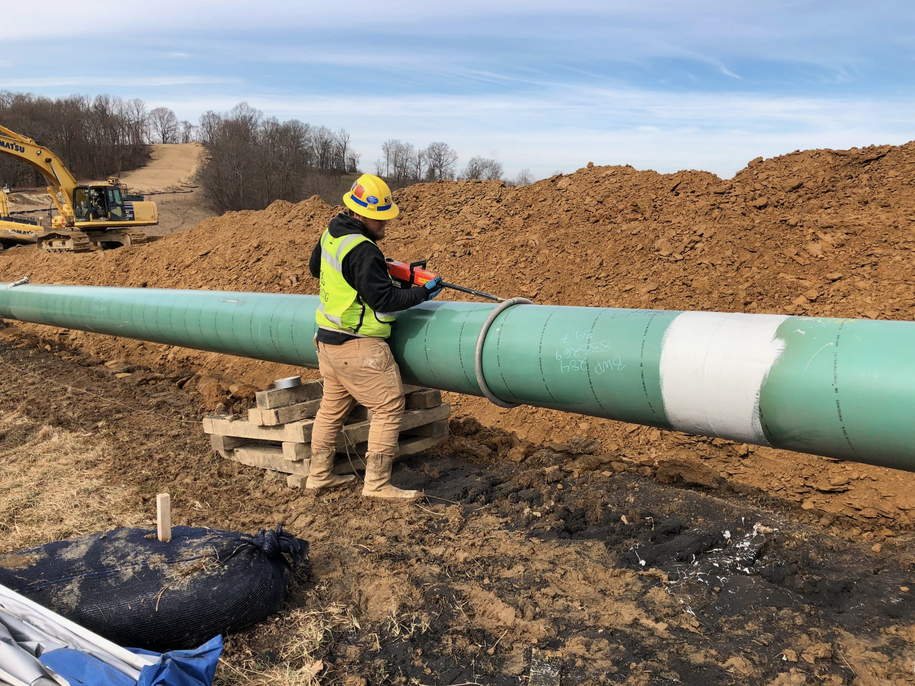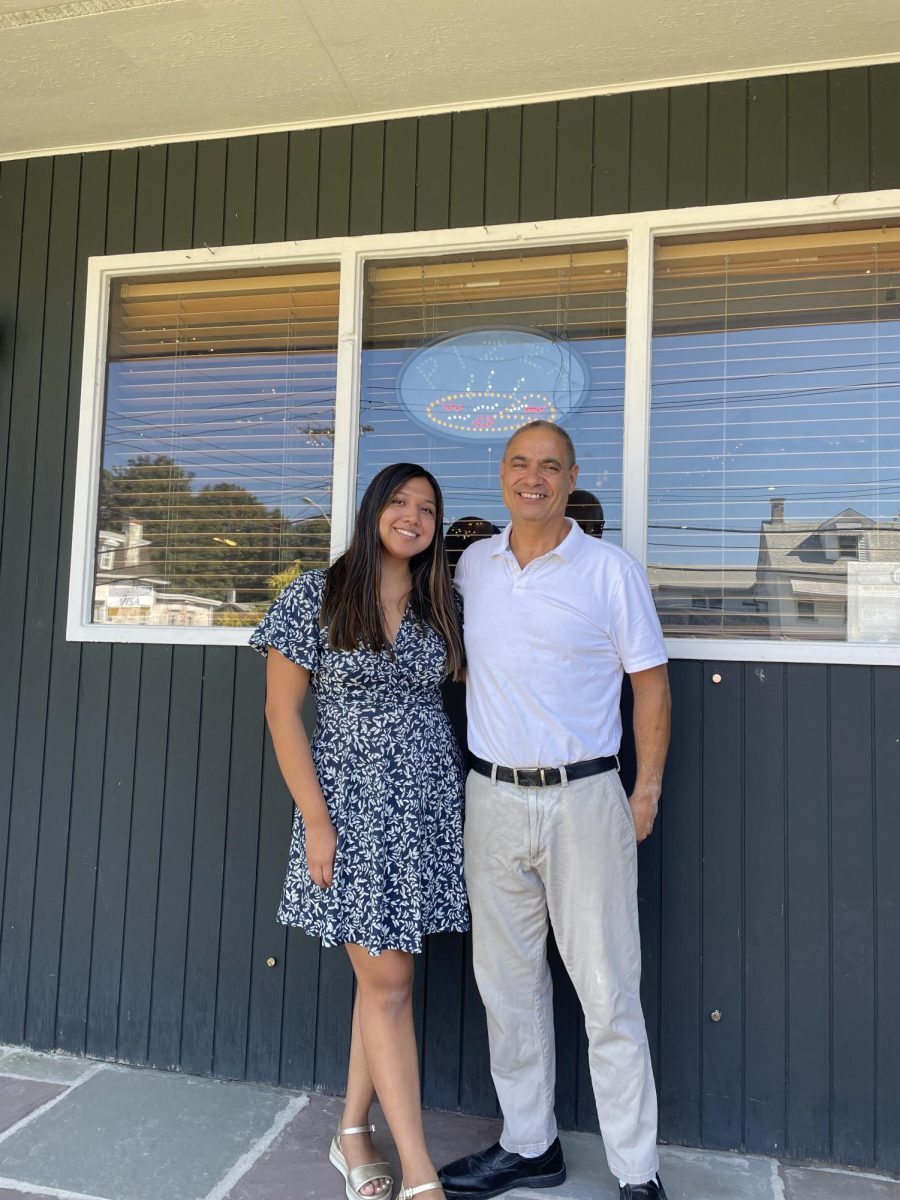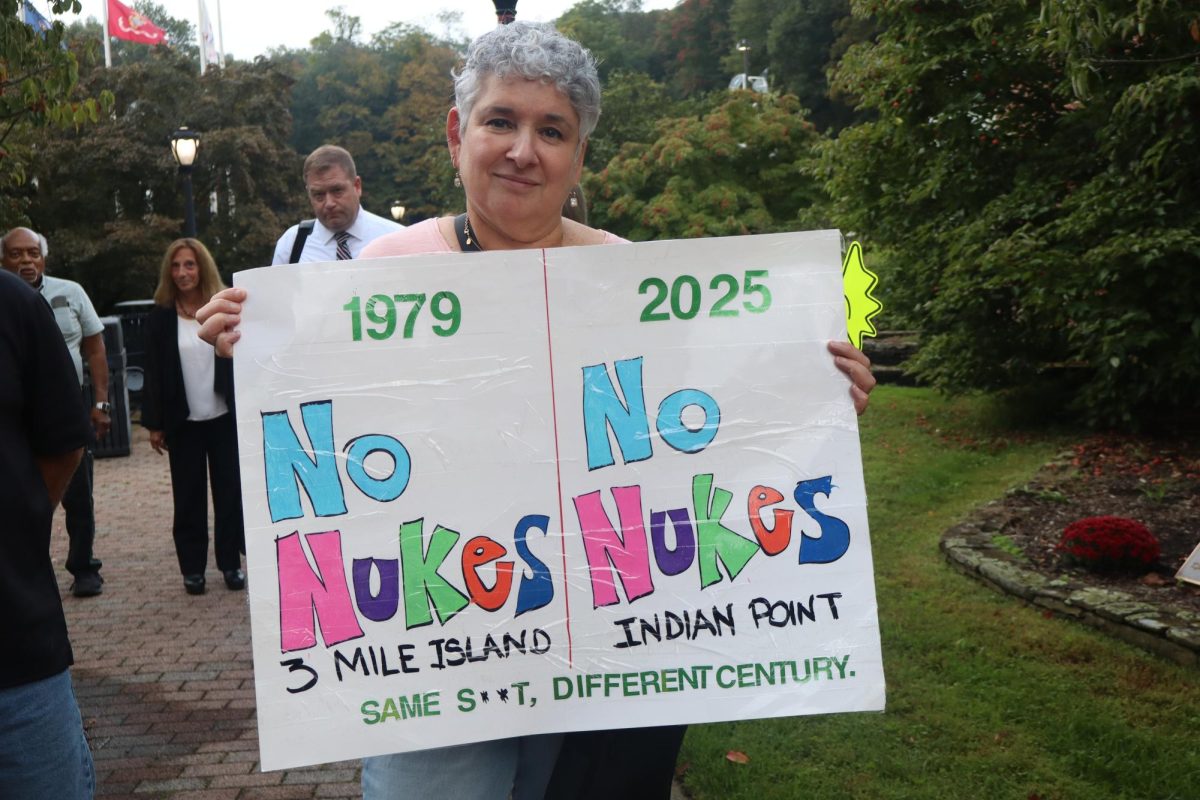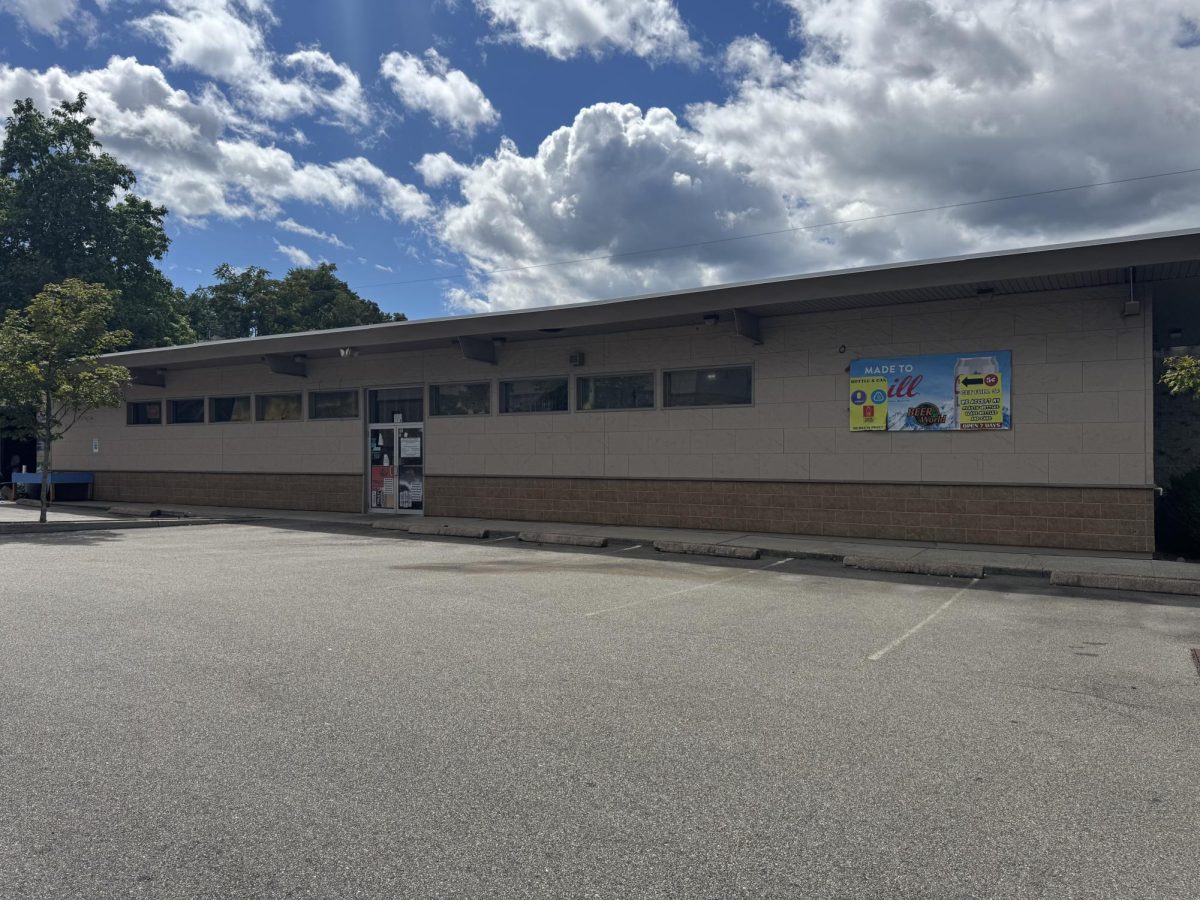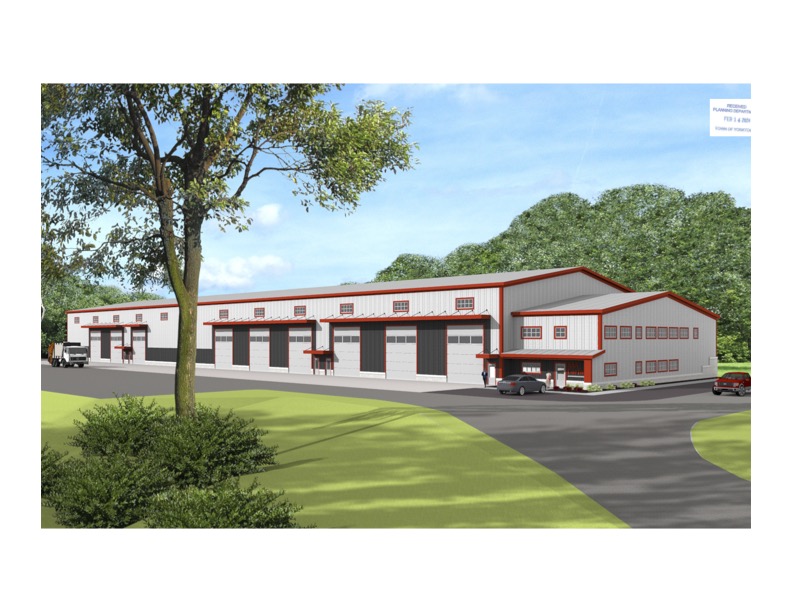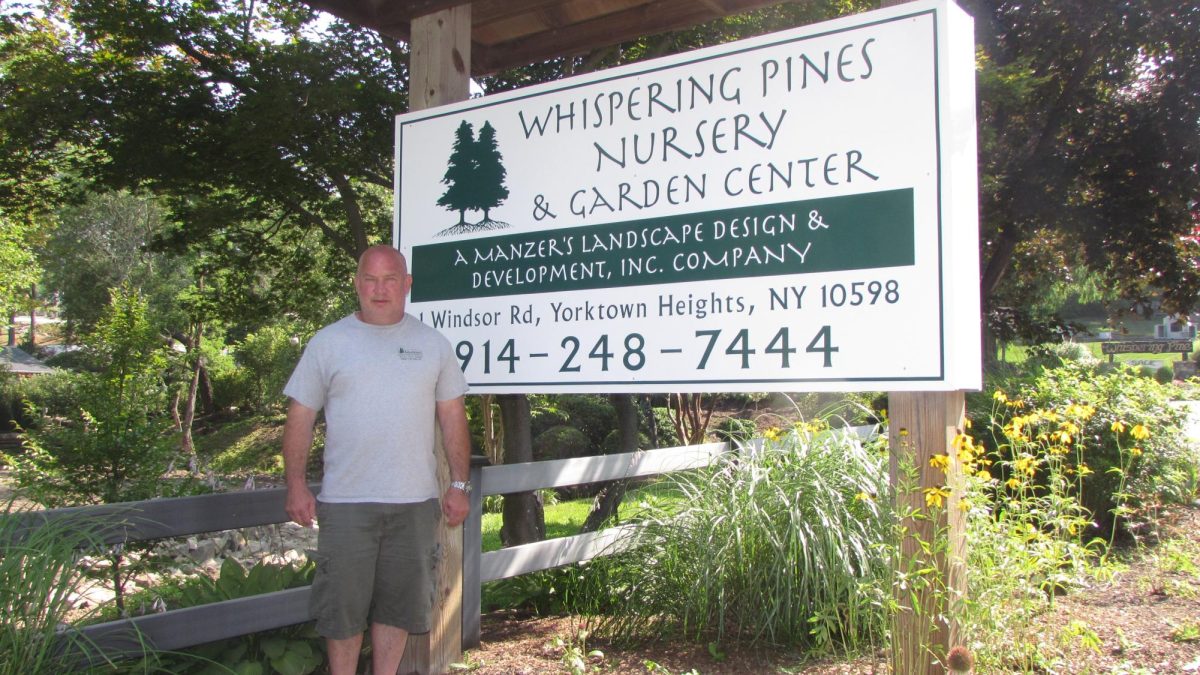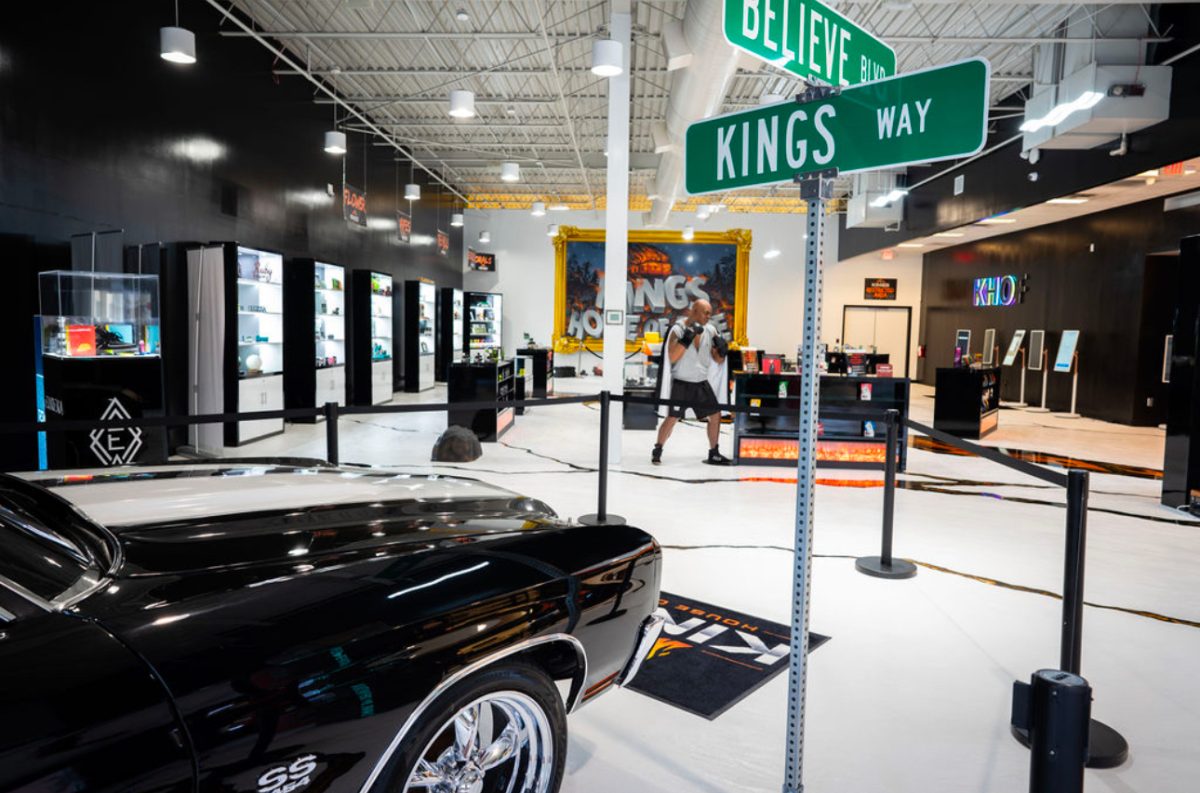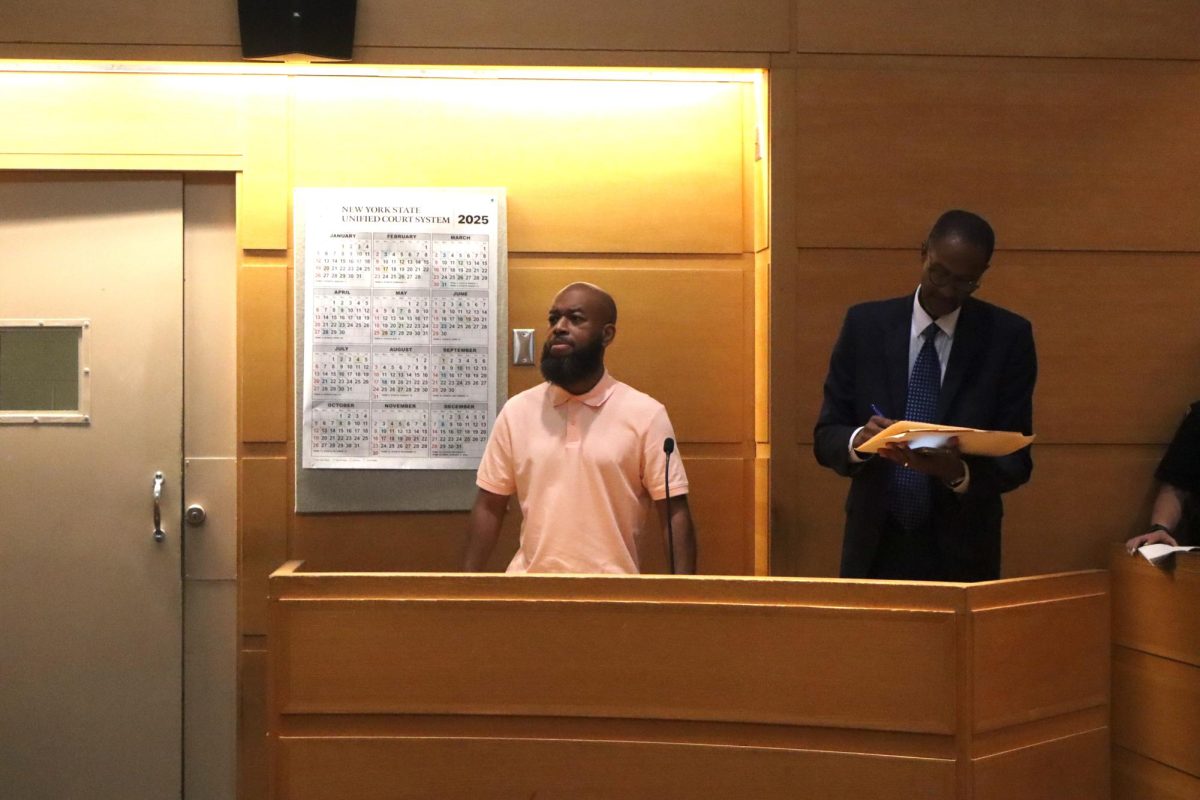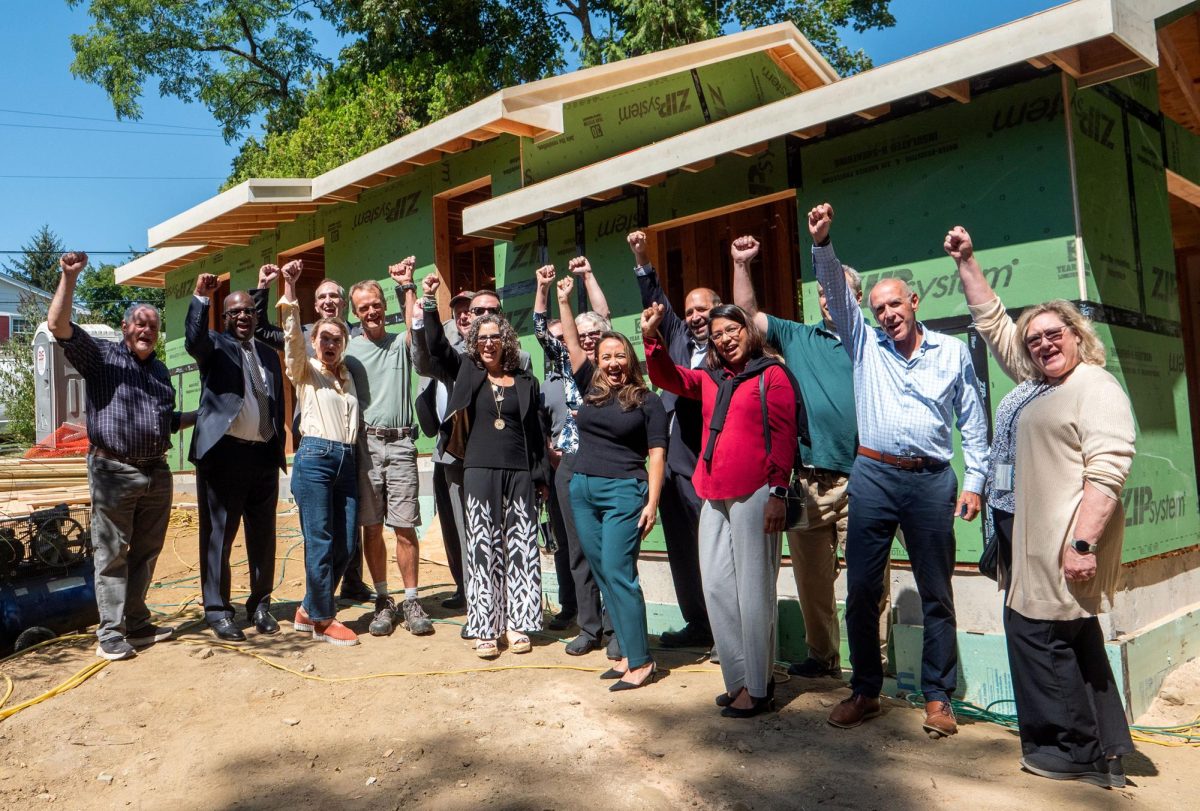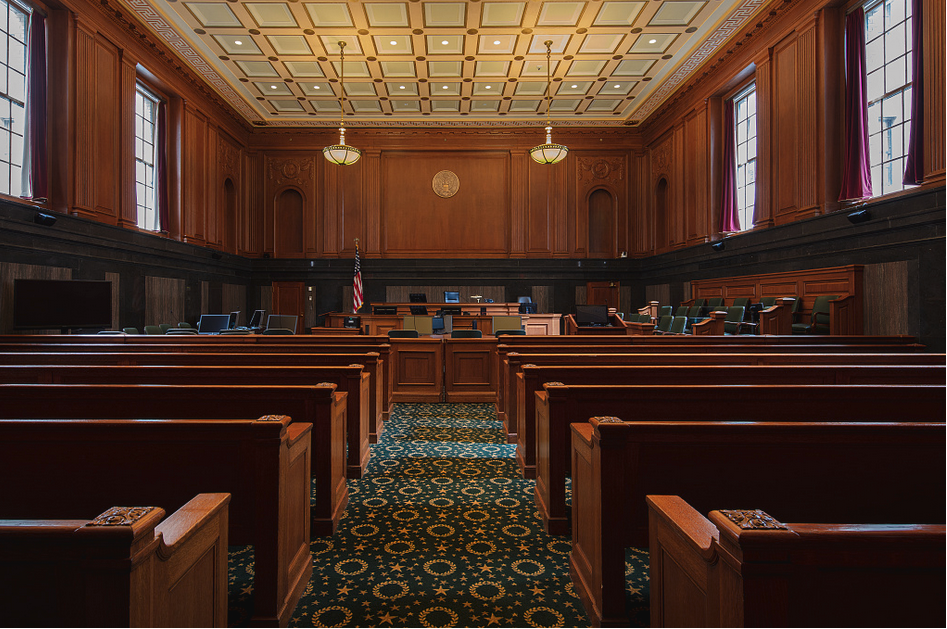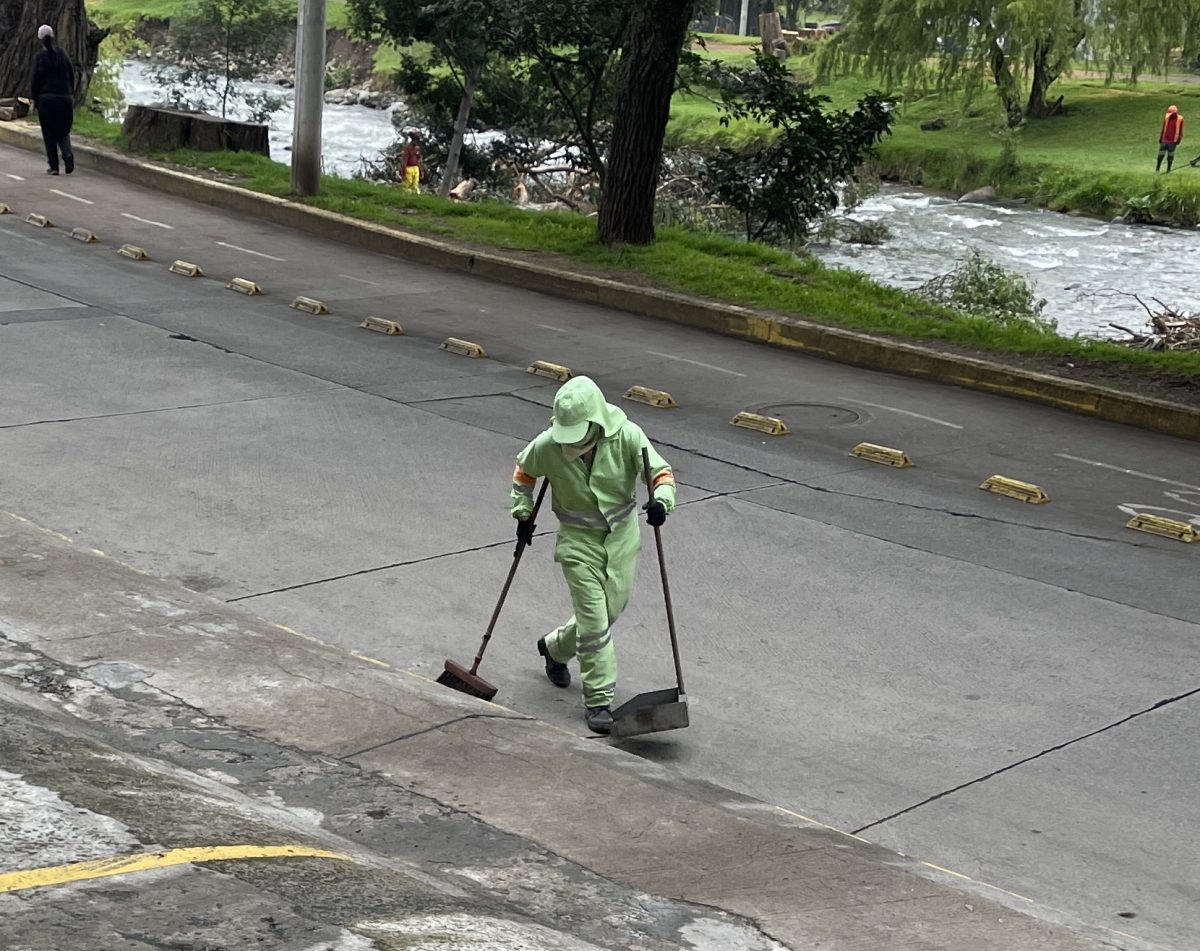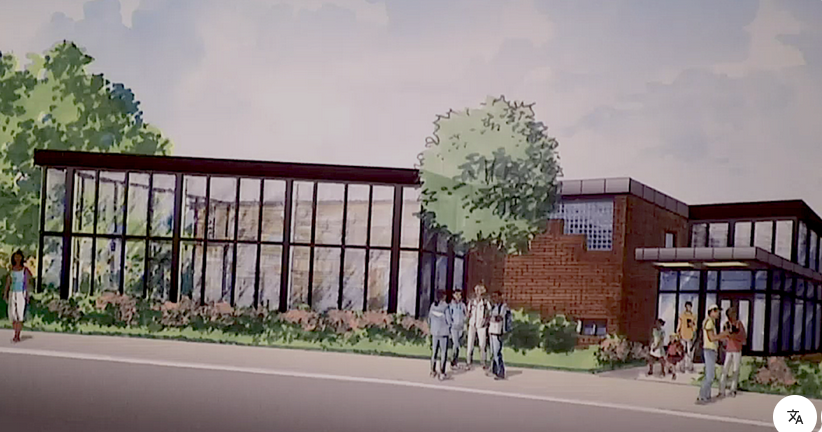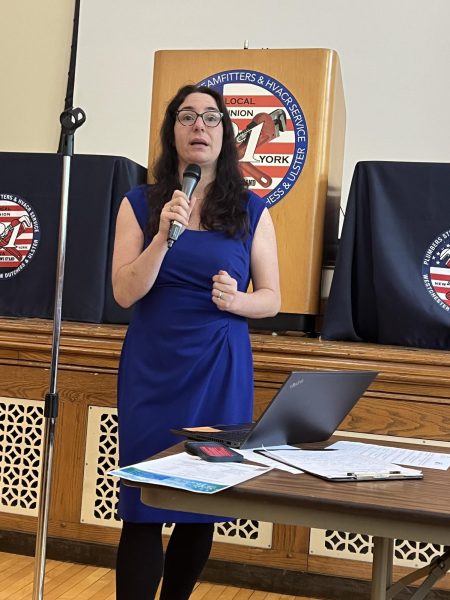
Members of Peekskill and Cortlandt’s business community were all ears and taking notes during a presentation by a senior attorney of Neighbors Link at the monthly Hudson Valley Gateway Chamber of Commerce networking breakfast on Thursday, May 1, at the headquarters of Local Union 21 on McKinley Street.
Melanie Zamenhof, senior staff attorney, gave a rundown of the current Republican administration’s policies on immigration that impact business owners. She discussed three categories and the ways they relate to business owners in Westchester:
1) Increased enforcement of entry to the country has a direct correlation to the available labor market and workforce.
2) Changes to interior enforcement around the removal of due process and the expansion of law enforcement and Immigration and Customs Enforcement (ICE) raids plays a role in the smooth running of a business.
3) Increased government audits of business I-9 forms to verify a person’s right to be in this country and working.
Zamenhof, who spoke to approximately 80 members of the Chamber, advised business owners that the purpose of her talk was to “get you to ask the right questions” of employees and have a plan in place if your business is subject to a raid. She advised owners to know if employees have green cards, or visas, or a 9-digit alien registration number. She said ICE is under the Department of Homeland Security and has been conducting raids in Westchester and targeting those with prior deportation removal orders or an arrest warrant or an arrest history.
One of the most proactive things a business owner can do is have a policy on what to do if ICE comes to your workplace. The policy should address who can speak to ICE. The policy should also include who can give consent to enter the business. “They don’t have to identify themselves as ICE if they come to your place of business, and they are often carrying weapons,” explained Zamenhof. “Look for badges if ICE comes to your workplace.”
She explained the difference between public and private space. For example, a lobby and dining area of a restaurant is public space, but the kitchen or offices are considered private. “Locked doors make it clear that the space is private. They can’t enter your private space without your consent or a judicial warrant.”
A judicial warrant is signed by a US district court judge and it very clearly lists what they are looking for. It must be signed and the address of the place they want to enter must be correct.
An ICE warrant is not signed by a judge and a business owner need not grant permission for ICE to enter their workspace.
“Make plans for your business and make sure your staff understands,” said Zamenhof. She emphasized that owners need to designate whether any employees are authorized to speak with representatives from ICE. For instance, if ICE shows up and the owner is not on the premises, an employee can say they are not authorized to speak with ICE and ICE has to wait outside until the owner arrives.
She told business owners that they should instruct their workers to put any identification they possess, such as a green card or Temporary Immigration Protection Status (TIPS), on their phone as a screensaver so the phone doesn’t have to be unlocked for an ICE representative to see the proper documentation.
Chamber members in attendance also learned about the 12-hour helpline that Neighbors Link operates on Thursdays to answer questions regarding immigration regulations and enforcement. The helpline is (914) 502-3377. Neighbors Link has offices in Mt. Kisco, Ossining and Yonkers, and offers family services, adult education services and a workers’ center. The non-profit organization has 25 employees serving seven counties, including nine lawyers and 12 paralegals.






